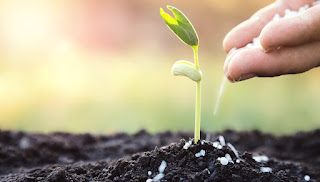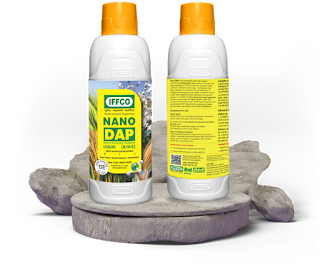Why Do Plants Need Nitrogen
Nitrogen is one of the most important macronutrients for plant growth. It is a major component of amino acids that creates the building blocks of proteins and enzymes in plants. Plants receive nitrogen from the soil in the form of nitrates (the inorganic salts) or organic materials made by bacteria from atmospheric nitrogen. Lack of nitrogen can lead to weak or stunted plants that show yellowing (Chlorosis) in the older leaves due to insufficient chlorophyll production. The upcoming slides will talk about the top 3 reasons why do plants need nitrogen.
Strong DNA
Nitrogen is a great way to create amino acids that help to make proteins required for constructing cells. Nitrogen is the key building block for DNA or nucleic acids, the essential genetic material that aids plant cells to grow and reproduce. A lack of receptive genes can destroy entire crops in case of a fungal infection.
Nitrogen is a vital part of the production of the chlorophyll molecule, which gives plants a green colour and is supportive of making food for plants through photosynthesis. Plants get sunlight energy by photosynthesis, which eventually helps in better and healthier grain yield. Deficiency or insufficient nitrogen can result in yellowing (chlorosis) of the plant.
Plant Tissues Growth
A healthy plant needs around 4 to 5% of nitrogen. The right amount of nitrogen plays a vital role in making or growing protoplasm, responsible for the high quality of vegetables or fruits, crop growth, flower differentiation, etc. So, nitrogen gives plants the required energy for development from the ground up in different stages and factors such as stems, roots, vines, trunks, flowers, leaves, and fruits. These are some of the best reasons to answer why do plants need nitrogen. A sufficient amount of nitrogen is vital for good-quality crops.




Comments
Post a Comment